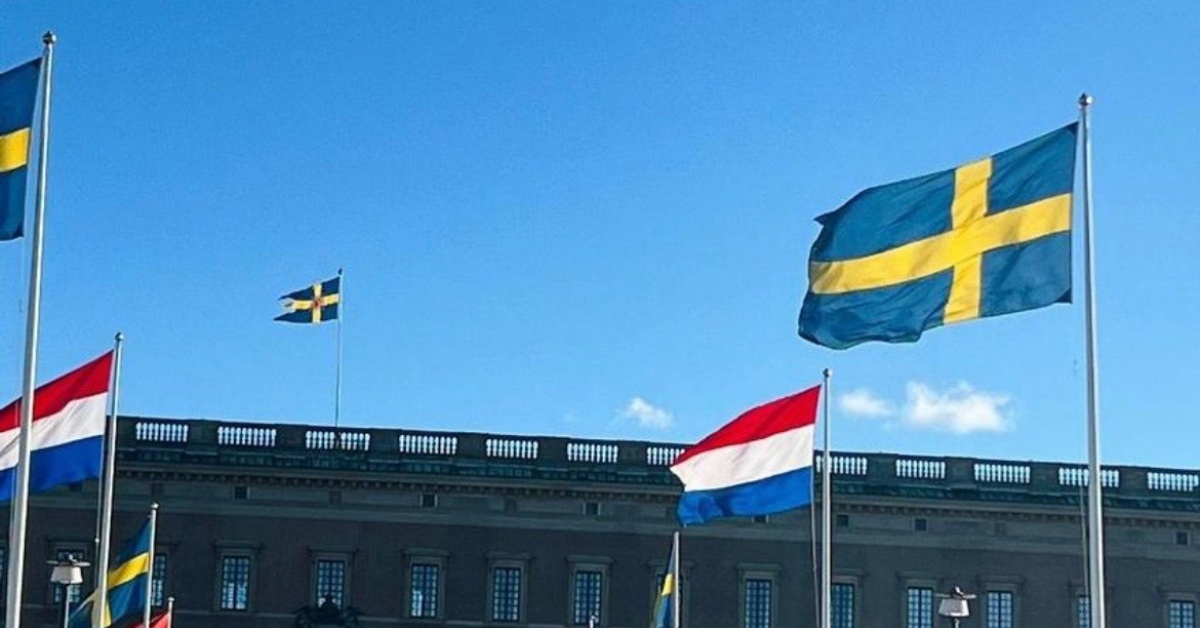About 60% of the job descriptions worldwide list "team player" as a key requirement, making it one of the most sought-after soft skills across industries. According to Runn.io and DemandeSage, this highlights the growing significance of collaboration and teamwork in modern workplaces. It also shows how essential cross-functional skills have become for driving productivity and innovation. And that companies increasingly prioritize team dynamics and communication when they recruit.
But how do you define a team player and how do you recruit one?
What is a team player?
A team player is someone who works well with others, is communicative and focuses on the team's goals instead of personal recognition. A team player can show flexibility, as mentioned good communication, empathy and a willingness to help. A true team player would typically also create a positive and supportive work environment, make sure the group work better together and the willingness to achieve success, together. In another blog, we explore whats defines a team player.

Recruiting a team player
Hiring a (true) team player is more than just reviewing someone's technical skills, it requires checking the interpersonal qualities and potential for collaboration. We have put together a comprehensive approach to ensure you attract and evaluate candidates with (the right) team-oriented mindset:
Crafting the job description:
- Clearly outline the importance of teamwork and the specific team roles relevant to the position.
- Highlight the qualities of a good team player, such as adaptability, reliability, and collaboration and how and why it is important for your organization.
Behavioral interview questions:
- Use questions that reveal past behaviour in team settings.
For example:
"Can you describe a time when you had to adapt to a challenging team situation?"
"How do you handle conflicts within a team?"
"Give an example of how you contributed to a team’s success."
Situational judgement tests:
- Present candidates with hypothetical scenarios that require teamwork and assess their responses.
- Evaluate their problem-solving skills, ability to collaborate, and conflict-resolution strategies.
Group interviews or assessment centres:
- Observe candidates in group settings to see how they interact with others.
- Look for signs of effective communication, leadership, and cooperation.
Reference checks:
- Ask previous employers about the candidate’s ability to work in a team.
- Inquire about specific instances where the candidate demonstrated teamwork skills.
Personality assessments:
- Use tools like the Myers-Briggs Type Indicator (MBTI) or Belbin Team Roles to understand the candidate’s natural team role and how they might fit into your existing team.
By using these methods, you can find candidates with the right skills and a strong team spirit. This ensures you hire people who not only do their job well but also boost team collaboration.
Everyone wants to be a part of something, to be included in a team. Creating a collaborative work environment is, of course, important to make the team work efficiently. If you notice someone is struggling to integrate or is not fully comfortable with the team spirit, do not hesitate to have open communication with this person. Ask what works for them.
Any questions on how to recruit your next team player? Want to read more on the topic of building a team? Feel free to reach out to our recruitment team.



